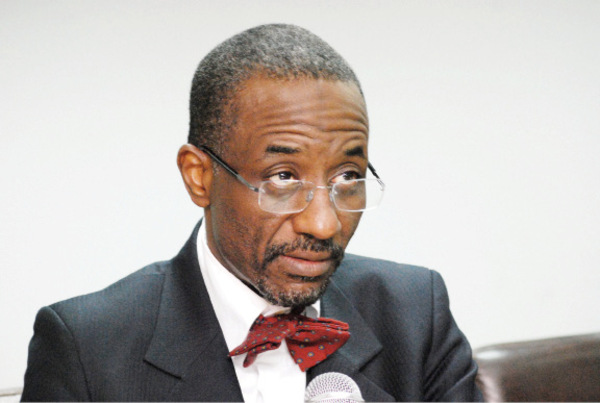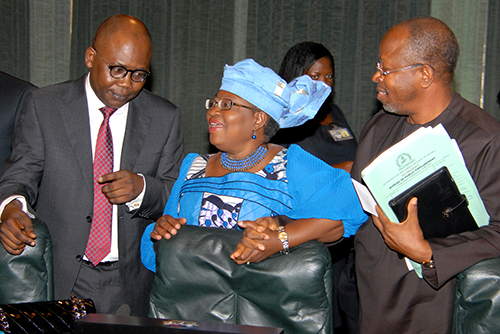The Central Bank of Nigeria (CBN) and Mallam Sanusi Lamido Sanusi, the suspended governor, have faulted the move by some shareholders of the defunct Intercontinental Bank to reverse its sale to Access Bank Plc.
The CBN and Sanusi, in separate notices of preliminary objection, asked the court to dismiss the suit for want of jurisdiction.
They said the shareholders lacked the locus standi to file the suit.
They also said the suit was statute barred and that the plaintiffs have no cause of action against them.
Advertisement
Sanusi, in the objection filed by his lawyer, Sam Kargbo, argued that the suit amounted to an abuse of court process and that it was improperly commenced.
He said the takeover of Intercontinental Bank by Access Bank was done pursuant to a court-ordered merger.
He also said it was lawful and valid since it was done in good faith and full incompliance with all relevant laws and regulations.
Advertisement
Sanusi said his role in the deal was restricted to his ensuring the regulatory oversight functions of the CBN.
He said he was not involved in the transactions that led to the bank’s takeover by Access.
The CBN argued that the suit was statute barred, having been filled outside the time limit allowed for challenging acts of public officers.
It also argued that the court lacked the jurisdiction to hear the suit by reason of the provisions of section 53(1) of the Banks and Other Financial Institutions Act (BOFIA) and section 52(1) of the Central Bank (CBN) Act 2007.
Advertisement
Trial judge, Justice Ahmed Mohammed, has adjourned the case till July 16 for mention and possible hearing.
The suit was instituted by some shareholders of Intercontinental Bank – Abdullahi Sani, Adaeze Onwuegbusi and Chijioke Ezeikpe.






